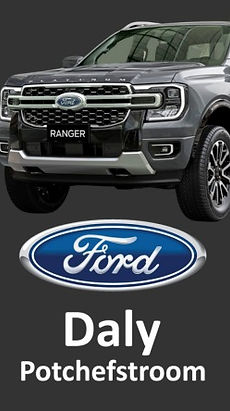🌱🍎 🌱🍎 🌱🍎 🌱🍎 🌱🍎
More people are switching to vegetarian or vegan diets these days – whether it’s for health, environmental, or ethical reasons. But what’s the difference between the two, and how does it affect your health?
Let’s break it down:

What’s the Difference Between Vegetarian and Vegan? 🥦
✅ Vegetarian:Vegetarians don’t eat meat, fish, or poultry. But they still include animal by-products like eggs, milk, cheese, and yoghurt in their diets.
✅ Vegan:Vegans cut out all animal products – no meat, no dairy, no eggs, and not even honey. Their diet is fully plant-based.
Both diets focus heavily on fruits, veggies, grains, legumes, nuts, and seeds – but vegans go the extra mile in avoiding anything animal-related.
Health Benefits 🌿
Both vegetarian and vegan diets, if planned properly, can have great health benefits:
💪 Lower risk of heart disease – Less saturated fats from animal products means better heart health.
🩸 Reduced risk of type 2 diabetes – Whole plant foods help manage blood sugar levels.
⚖️ Weight management – Plant-based diets are often lower in calories and high in fibre, helping you stay fuller for longer.
🌾 Rich in fibre, vitamins, and minerals – Especially when eating a variety of whole foods.
But… What Are the Risks? ⚠️
While these diets have great benefits, they do come with some challenges if not managed properly:
🥩 Protein Intake:Without meat, it’s important to get enough plant-based protein from beans, lentils, nuts, tofu, and soy products.
☀️ Vitamin B12 Deficiency:B12 is mostly found in animal products. Vegans especially might need B12 supplements or fortified foods.
🦴 Calcium and Iron:Skipping dairy or meat can lower calcium and iron intake. Dark leafy greens, nuts, and plant-based milk can help fill the gap.
🧠 Omega-3 Fatty Acids:Important for brain health – usually found in fish. Vegans can get it from flaxseeds, chia seeds, and walnuts.
What About the Environmental Impact? 🌍
One of the big reasons people choose these diets is the impact on the environment. Producing meat, especially beef, uses a lot of land, water, and energy.Plant-based diets are seen as more sustainable, with a smaller carbon footprint.
Is It for Everyone? 🤔
Vegetarian and vegan diets can work for most people – but they do require some planning. If you’re thinking of making the switch, it’s a good idea to:
✅ Do your research
✅ Speak to a dietitian or nutritionist
✅ Make sure you’re getting all the essential nutrients
It’s not just about cutting things out – it’s about replacing them properly.
At the end of the day, vegetarian and vegan diets can be very healthy if balanced right. The key is variety, proper planning, and making sure your body gets everything it needs.
Whether it’s for your health, the animals, or the planet – going plant-based is a personal journey, but one worth exploring.
🌱🍎 🌱🍎 🌱🍎 🌱🍎 🌱🍎
#HealthyLiving #Vegetarian #Vegan #PlantBased #NutritionMatters #PotchLife #PotchGazette #TheGoToGuy #StroomStories #Potchefstroom #Sportstroom



.jpeg)
